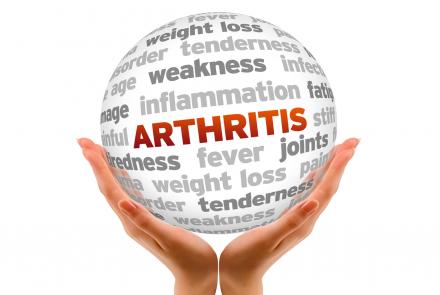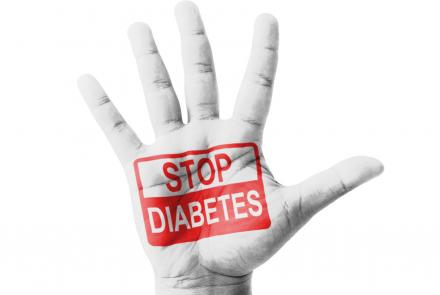NEW DELHI (Reuters) - The government has ordered a cut of nearly 20 percent in its 2014/15 healthcare budget due to fiscal strains, putting at risk key disease control initiatives in a country whose public spending on health is already among the lowest in the world.
Two health ministry officials told Reuters on Tuesday that more than 60 billion rupees, or $948 million, has been slashed from their budget allocation of around $5 billion for the financial year ending on March 31.
India spends…
- An “alarming” number of pre-school children are being prescribed drugs to treat hyperactivity – contrary to medical guidelines that say they should not be used on children under six – because overstretched health workers go straight to medication rather than offering psychological interventions. More than a fifth of educational psychologists say they know of preschool children who are being given medication such as Ritalin even though the National Institute for Health and Clinical Excellence (…
- Researchers report on a revolutionary new procedure that uses 3-D printing and the body’s stem cells to regenerate knee meniscus, a tissue lining that acts as a natural cushion between the femur and tibia. People with damaged menisci develop arthritis and are forced to limit their activity. The procedure, published online Dec. 10 in the journal Science Translational Medicine, has proved successful in sheep at Cornell University six months after surgery, though the researchers will monitor the…
- Scientists to launch £5m study that explores links between immune disorders and mental illness – and could lead to new treatments “Yet they became depressed as soon as they were given interferon and it triggered inflammation. This suggests strongly that the immune system talks to the brain in some way and that inflammation in the body can cause depression. It is possible that the reverse is true and that the brain somehow affects the immune system but that link requires further research.” …
- Parents in California who have children who get chronic ear infections will soon have a more convenient way to get their kids care. San Francisco-based CellScope, a Khosla Ventures-backed Rock Health alum, has begun taking preorders for its FDA registered smartphone-enabled otoscope,called Oto Home. “[While there is a physician version of the Oto,] our primary focus is on the consumer market and the Oto Home system,” Amy Sheng, the co-founder of CellScope told…
- Indian drugmaker Cadila Healthcare Ltd said on Tuesday it launched in India the first biosimilar version of the anti-inflammatory medicine adalimumab, the world's top-selling drug, at a fifth of its U.S. price. Adalimumab was approved globally in 2002 and has been the most preferred drug for patients suffering from auto immune disorders. The drug's branded version is sold under the name Humira by U.S. firm AbbVie Inc, and costs $1,000 for a vial in the United States. Humira…
- While this is a news item about Jakarta, it could well be about the youth of Mumbai, Delhi, Singapore.. Nurul Ratna Manikam, a Clinical nutritionist at Cipto Mangunkusumo General Hospital in Central Jakarta, said that most of her young patients worked an 8 a.m. to 5 p.m. shift and spent their mornings and nights commuting to and from their offices. They also spend most of their time sitting on a chair behind their desks or standing inside a bus or train and did not have time to…
- Nine years later, against all odds, Mr. Telford is still alive. What saved him was an experimental immunotherapy drug—a medication that unleashes the body’s own immune system to attack cancer. His remarkable survival caught the attention of researchers, who began to realize that the way immunotherapy drugs were affecting tumors was unlike almost anything seen with conventional treatments. Today Mr. Telford is among a growing group of super-survivors who are transforming the world of…
- “Stress clearly promotes higher levels of inflammation, which is thought to contribute to many diseases of aging. Inflammation has been linked to cardiovascular disease, diabetes, arthritis, frailty, and functional decline,” says Dr. Janice Kiecolt-Glaser, a leading stress researcher at Ohio State University. She and other researchers have found that stress affects the body’s immune system, which then weakens your response to vaccines and impairs wound healing. Research has linked…















